June 4, 1972: After almost 2 years of incarceration & 13 hours of deliberation, Angela Davis was found NOT GUILTY of murder, kidnapping, and criminal conspiracy by an all-white jury in San Jose, California.
Background on her charges:
In October 1970, Davis was arrested in New York City in connection with a shootout that occurred on August 7 in a courtroom in San Rafael, California. She was accused of supplying weapons to Jonathan Jackson, who burst into the courtroom in a bid to free inmates on trial. He planned to take hostages whom he hoped to exchange for his brother George, a black radical imprisoned at San Quentin Prison. In the subsequent shootout with police, Jonathan Jackson was killed along with Superior Court Judge Harold Haley and two inmates.
Davis, who had championed the cause of black prisoners and was friends with George Jackson, was indicted in the crime. She went into hiding, became a fugitive, and fled California. According to her autobiography, during this time she hid in friends’ homes and moved from place to place at night. On October 13, 1970, FBI agents found her at the Howard Johnson Motor Lodge in New York City. President Richard M. Nixon congratulated the FBI on its “capture of the dangerous terrorist, Angela Davis.”
On January 5, 1971, after several months in jail, Davis appeared at the Marin County Superior Court and declared her innocence before the court and nation: “I now declare publicly before the court, before the people of this country that I am innocent of all charges which have been leveled against me by the state of California.”
John Abt, general counsel of the Communist Party USA, was one of the first attorneys to represent Davis for her alleged involvement in the shootings. While being held in the Women’s Detention Center, she was initially segregated from the general population. However, with the help of her legal team, she soon obtained a federal court order to get out of the segregated area.
Across the nation, thousands of people who agreed with her declaration began organizing a liberation movement. In New York City, black writers formed a committee called the Black People in Defense of Angela Davis. By February 1971, more than 200 local committees in the United States and 67 in foreign countries worked to liberate Angela Davis from prison.
John Lennon and Yoko Ono recorded their song, Angela, on their 1972 album Some Time in New York City in support. The jazz musician Todd Cochran, also known as Bayete, recorded his song, Free Angela (Thoughts…and all I’ve got to say), that same year. Tribe Records co-founder, Phil Ranelin, released a song dedicated to Davis entitled Angela’s Dilemma on Message From The Tribe, a spiritual jazz collectible. The Rolling Stones song, Sweet Black Angel,” was recorded in 1970 and released in 1972 on their album Exile on Main Street; it is dedicated to Davis and is one of the band’s only overtly political releases.
Thanks in part to this support, the state released her from the county jail. On February 23, 1972, Rodger McAfee, a dairy farmer from Caruthers, California, paid her $100,000 bail with the help of Steve Sparacino, a wealthy business owner. Portions of her legal defense expenses were paid for by the Presbyterian Church (UPCUSA).
Davis was tried and the all-white jury returned a verdict of not guilty. The fact that she owned the guns used in the crime was judged not sufficient to establish her responsibility for the plot.
She was represented by Leo Branton, Jr., who hired psychologists to help the defense determine who in the jury pool might favor their arguments, an uncommon practice at the time. He also hired experts to undermine the reliability of eyewitness accounts.
Her experience as a prisoner in the U.S. played a key role in persuading her to fight against the nation’s prison-industrial complex.
Finish reading the original post on
Daily Black History Facts

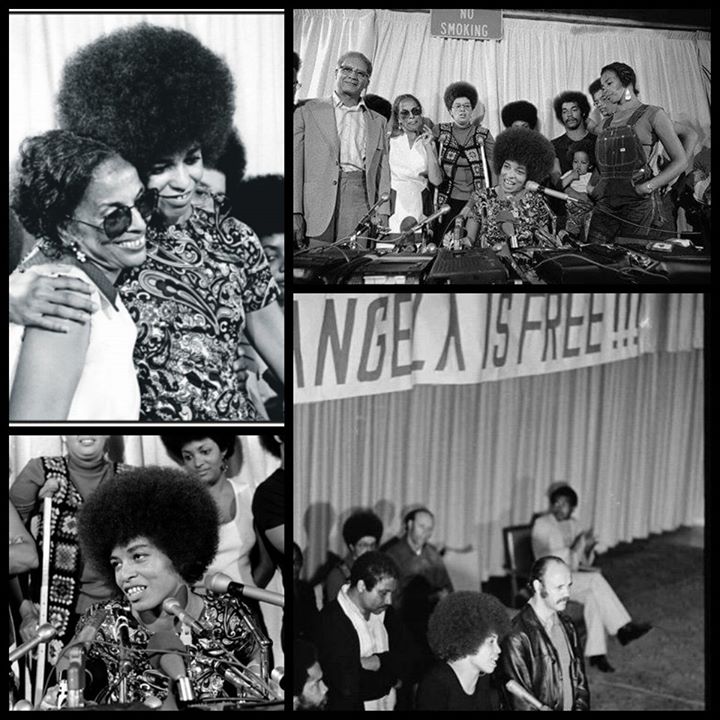



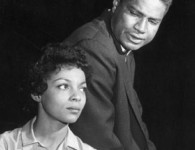
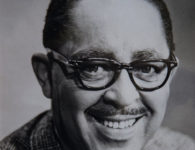


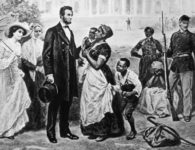
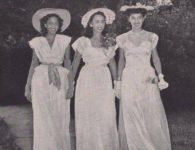
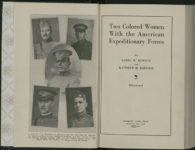
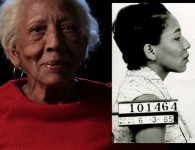
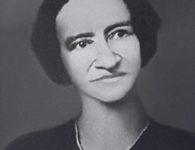
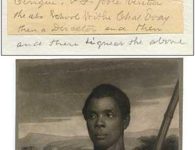

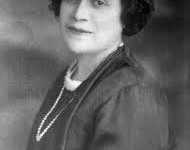
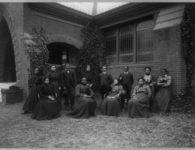
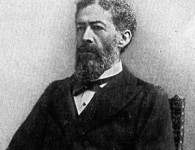
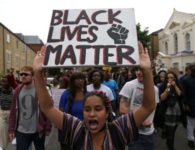

No comments